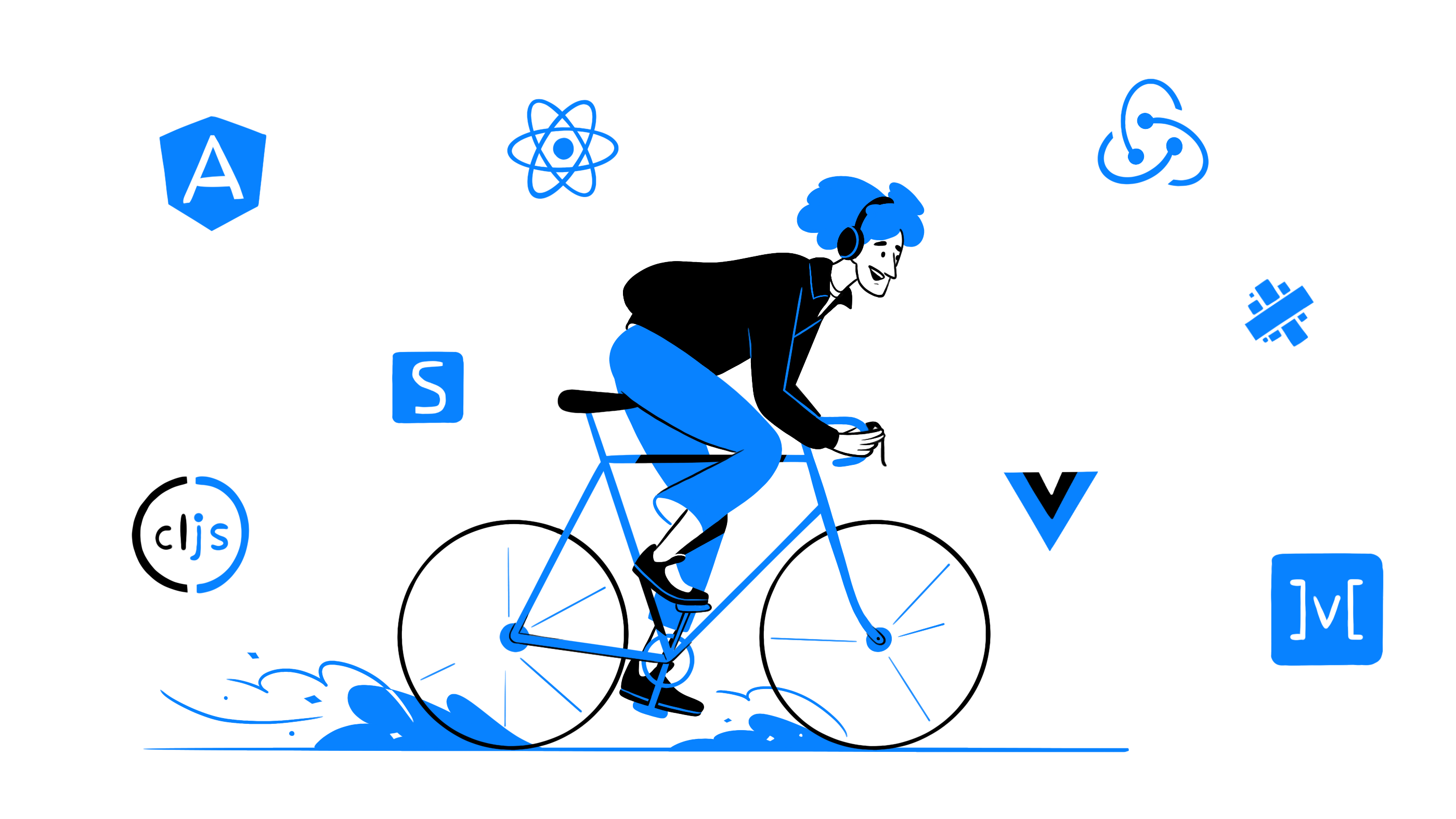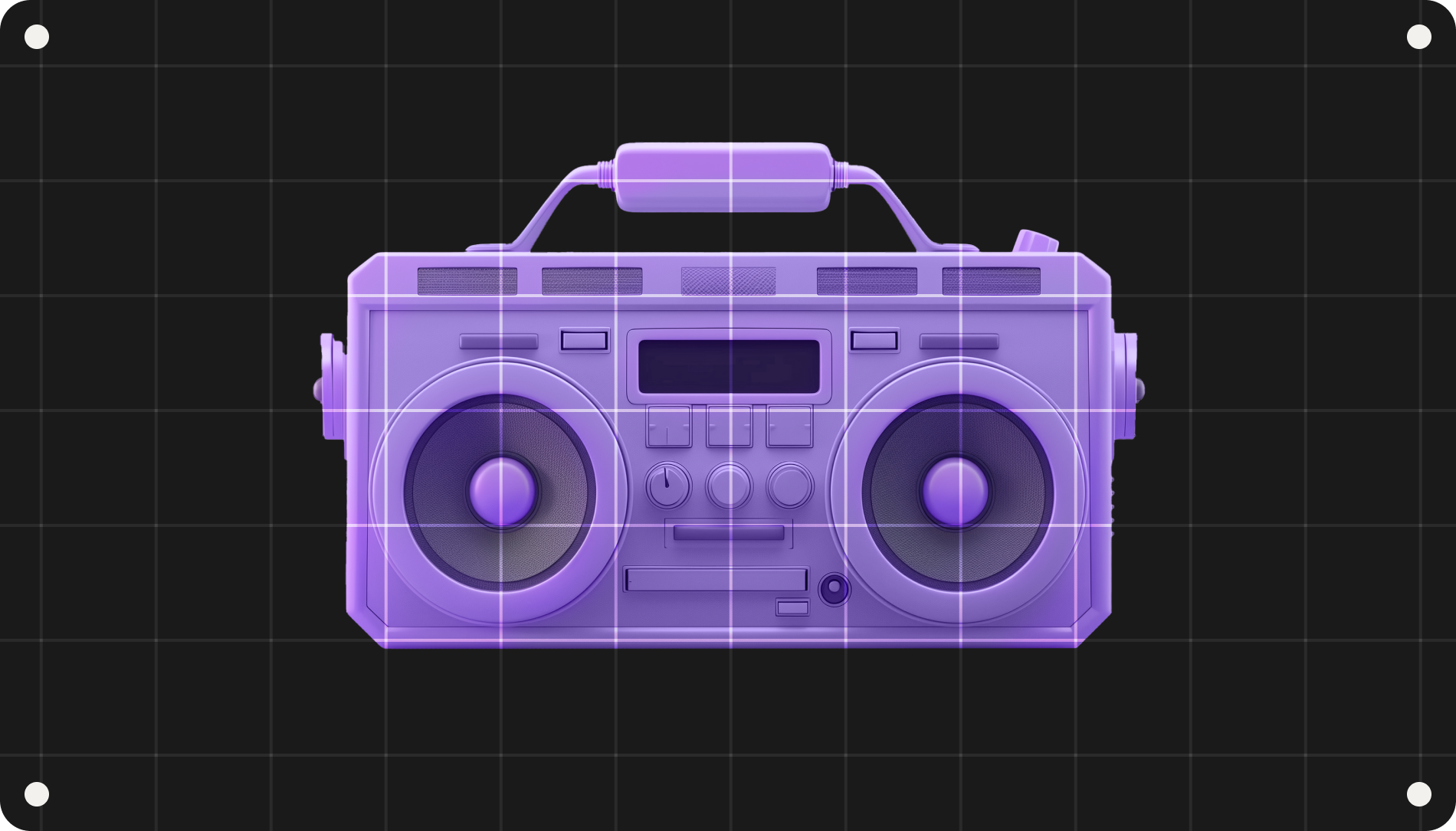We know, we know. This is about the differences between software engineers and full-stack developers, but we want to start off with one key commonality you should keep in mind: both are great careers, and they can both take you very far in tech. Whichever you choose, you’ll choose right.
But okay, let’s get into it. Here’s all you need to know about these two great careers: full-stack developer vs software engineer.
What is a software engineer?
A software engineer is a programmer who designs, develops, and maintains the code underpinning the computer systems that define our modern, digital world. As a title, it is relatively unspecific, so it can encompass a range of software development responsibilities — from coding user interfaces to generating the underlying logic of an entire app. Since this is such a large category, software engineer salaries can range based on numerous factors, but Indeed estimates the average salary estimate for software engineers to be $118,283.
What is a full stack developer?
A full-stack developer is a type of software engineer. They combine the knowledge of a front-end developer with the know-how of a back-end developer. What that means, essentially, is that they can code the compelling sites and web applications that a user sees as well as the logic and supporting databases that are usually hidden. Likewise with the figures above, full-stack developer salaries can vary. But, for a general idea, Indeed’s estimate for the average salary for full-stack developers is $124,201.
What’s the difference between a full-stack developer and software engineer?
Just based on the definitions, you might start to get a sense of the difference between “software engineer” and “full-stack developer,” but we’ll crystalize it right here: it’s a difference in scope.
When we talk full-stack developer vs software engineer, what we’re really talking about is a job title that is specific as opposed to one that is (usually intentionally) broad. A software engineer can focus on front-end development, back-end development, or even forms of coding outside of that paradigm. Depending on the project or their seniority, they might even also have project management tasks assigned to them as well.
Full-stack developers can also absolutely attain leadership positions within coding teams, don’t get us wrong. The main point is that their focus is clear from their job title: they apply their expertise that encompasses the complete range of software development — from front to back. They write code to make a site or app attractive as well as robust and functional.
Responsibilities
Software engineer responsibilities
- Collaboration
As a software engineer, you will work with people across teams to figure out what the software should do, how it should do it, and how the team’s going to get to a finished product. In addition, you will come together with diverse stakeholders to make sure the software is on track.
- Coding
Once you know what the software should do, you need to write the code that will get it there. As you might expect, this is the majority of the work that software engineers tend to do. They take their knowledge of programming languages, libraries, and design patterns and apply it all to build something robust, functional, and effective.
- Testing
Yeah, you wrote that code to be sturdy and bug-free, but we’re all human. You will test to make sure that the software is reliable and that it works as intended. By applying unit tests, integration tests, and more, you can find where your code is weak so you can shore it up.
- Maintenance
This is akin to debugging, but it’s less about fixing code, and more about renovating it. As tech and operating systems evolve, the code might become antiquated, so you might come in and patch it up in light of the latest tech advancements.
- Documentation
If you work in a team, or if you want someone else down the road to be able to understand your code, you need to document it. This entails explaining coding and design decisions both within the code itself and in specific document repositories. This helps people debug and maintain the code you wrote.
Full-stack developer responsibilities
- Collaboration
We’re putting this first again because full-stack developers working in teams (read: most of them) need to know what to do, what their goals are, and how they’ll be working with their group of fellow techies. That takes collaboration.
- Front end development
But now we can get more technical. As a full-stack developer, you will apply front-endAll about Front End: What is It, How It Works, and Why It Worth Your Time languages to build interactive and friendly user interfaces and web applications.
- Back end development
Those interactive and friendly interfaces need some scaffolding to hang on, though. That means that you will also write code using server-sideThe Back End: Where the Heavy Lifting of the Web Happens languages. Which ones? Check out the skills section below.
- System design
Since your responsibilities cover a wide range of tech as a full-stack developer, you will participate in system design. You will delineate how the front-end and back-end components will all interact in terms of data flow, structure, and performance.
- Testing
Yup, here it is again. You will have to regularly test and debug your code for the same reason that this is a responsibility of techies at large — code, regardless of where it is or what it’s doing, needs to work. Testing and then fixing the small issues makes sure this is the case.
Key skills
Key software engineer skills
- Coding
This comes as no surprise. Coders need to be able to code. Often, software engineer skill sets extend beyond just one language. For both full-stack developers and software engineers, knowing languages such as Java or Python is absolutely crucial. These are skills that you will pick up at a coding bootcamp.
- Problem solving
Software engineers often have complex tasks that they have to address with one tool: their code. Because of that, you will need to know how to break down big tasks into smaller, manageable problems. An analytical, creative mind is truly an asset here.
- Communication
We’re going to keep on emphasizing this. Working well with people is vital. You need skills here to be able to nail down requirements, elegantly handle change, and coordinate among your fellow coding team members.
- Flexibility
Tech changes. Projects suddenly might shift. As such, you will need to be able to rapidly pivot between older approaches and languages and newer ones that are more effective or simpler to implement. Continuous learning is also a key component of this skill.
- Security know-how
No matter what you’re making or in which language you program, a knowledge of cybersecurityThe Beginners’ Guide to a Career in Cybersecurity will be vital. This will keep your code protected from bad actors. A secure line of code is a valuable line of code.
Key full-stack developer skills
- Front-end languages
As a full-stack developer, you’ll write code for the front end, so you will need to know web development languages such as JavaScriptWhy Learning JavaScript Will Ensure You Stay In Demand For Years to Come and HTML/CSSBecoming an HTML/CSS Developer. In addition, you should be comfortable applying frameworks such as React, Angular, and Vue.jsEverything You Need to Know About the Most Popular JS Frameworks - Part 1.
- Back-end languages
On the back endThe Back End: Where the Heavy Lifting of the Web Happens, you should know Python, Java, or Ruby as well as have familiarity with server-side frameworks such as Django or Spring.
- Database management
As a full-stack developer, you should be comfortable using languages such as SQLHow to Learn SQL for Free to query and interact with databases. That’s where all the data will be stored, after all.
- Version control
As a developer, you’ll need to be able to track changes and manage repositories, usually in Git. Version control makes work among a development team simpler, more transparent, and more collaborative, so skills here are paramount.
- Communication
Tech, like any other industry, is built and powered by people. That means that, regardless of software engineer vs full-stack developer, you’re going to need skills in communication. In fact, since this is such a core part of the job, people skilled in communication such as teachersFrom Making Music to Making Commits: Jenny Doctor’s TripleTen Story and artistsFrom Graphic Design to Code Design: Desiree Bradish’s TripleTen Story can be great fits for tech jobs.
Join TripleTen for a rewarding coding career
No matter which you choose, full-stack developer or software engineer, you’ll find yourself in a lucrative, rewarding career. And you don’t even need a computer science degree to land one. Check out our Software Engineering bootcamp, which can set you up for either of these professions.
And if you want to look into more professions you can pursue in tech, check out our recent article comparing web and software developersWeb Developer vs. Software Developer: Demystifying Two Great Tech Careers.
.png)






.png)
.jpg)

%20(2).png)






%20(1).jpg)








